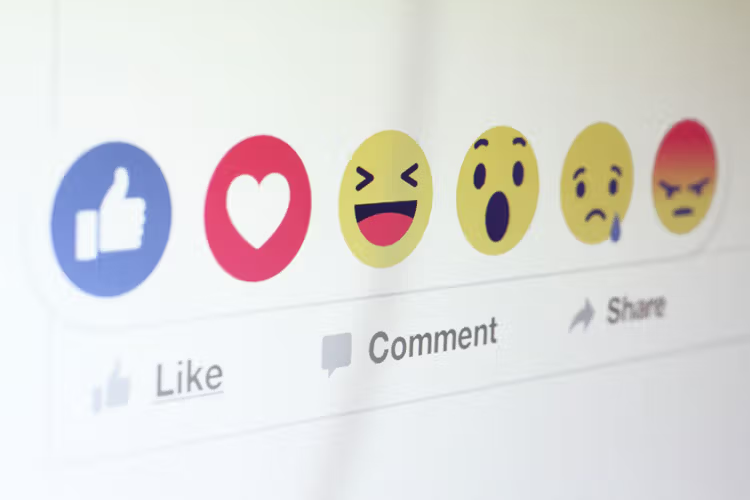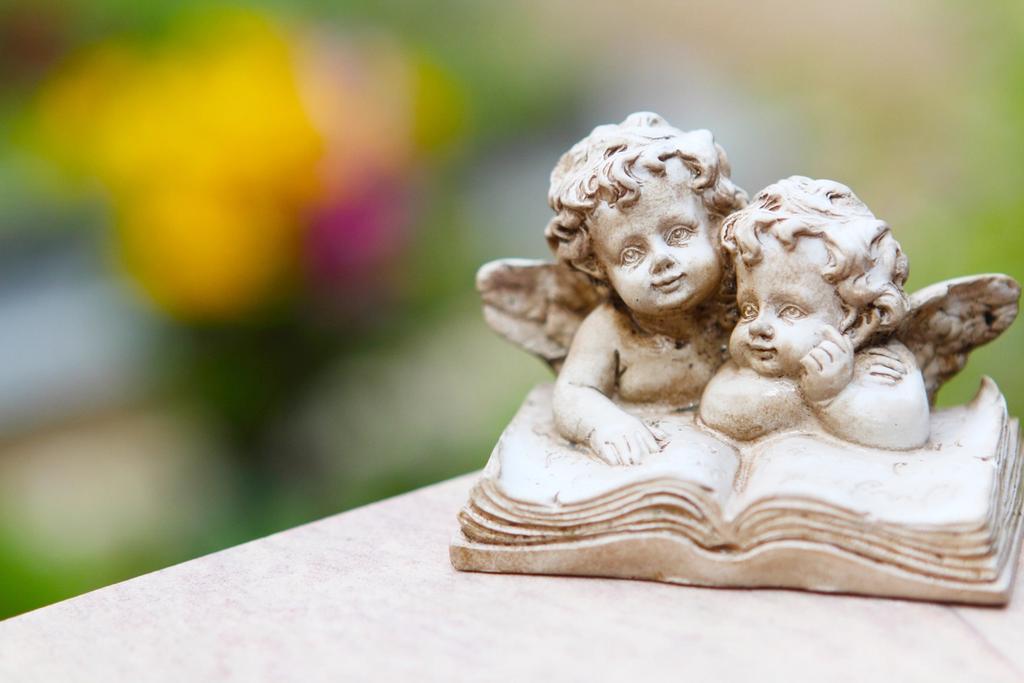The Unwritten Rules About Dealing With Death On Social Media
Never post anything before the family of the deceased has a chance to post something first, and don't make it about you.

Since the rise of Facebook, Twitter, and Instagram, social media has become a big component in how we grieve. Unfortunately, it’s very easy for posts about a person’s death to skew performative or crass. So what’s permissible and what’s unacceptable about mourning in the digital age? Here’s a guide to help you navigate the appropriate etiquette.
Respect The Family At All Costs
The cardinal rule, regardless of which platform you’re using, is to respect the family’s wishes. That begins even prior to the funeral. In a story for The Atlantic, Claire Wilmot recalled how word of her sister Lauren’s death traveled across Facebook before she could even place calls to friends — all because a classmate posted about Lauren’s passing first.
This is obviously upsetting not only to the family, but also to close friends who had to learn the news via an impersonal channel. Never post anything, however well-intentioned or sweet, until you’re sure those closest to the deceased have been informed.
After you’re positive the news has spread, think about your relationship with the person. Wilmot was especially incensed with her sister’s classmate because this woman wasn’t close with Lauren. If you didn’t have a deep relationship with the deceased, you should probably stick to a simple comment of condolences on a family member’s social media status, not a stand-alone post of your own. (Facebook COO Sheryl Sandberg, whose husband died unexpectedly in 2015, found these condolence comments very helpful and healing.)
If this was a dear friend of yours or a family member, consider the person’s personality. Were they intensely private? What would they think about your social media post? Let this person’s wishes guide you from beyond the grave. If this person wasn’t a dear friend or family member, then any posts beyond simple condolences or a thoughtful gesture tend to make it more about you than the people actually affected.
Social Media Funeral Etiquette 101: Stay Silent
When the day of the funeral arrives, if the family hasn’t provided any guidance, just assume you should stay silent and refrain from posting anything. (You could ask someone in charge but let’s get real: They have bigger things on their mind right now.) This obviously means no posts or tweets, but also refrain from less explicit mentions like check-ins to the funeral home or cemetery via Facebook or any other social media platform.
Make sure your phone is turned off or set to silent during the memorial or any other service. Don’t fiddle with it unless you’ve stepped outside or ducked into the bathroom. And don’t take selfies of any kind. “Funeral Selfies” tend to represent the most shameless side of social media, so avoid it altogether.
What You Can Do
What you can do is share messages of remembrance on the person’s Facebook page. These are often memorialized by the family and, as Psychology Today explains, they’re considered “community spaces” where people can collectively grieve. Here you can post any photos you have, recount stories, and respond to the posts people have already left. Obviously, be mindful of the “narrative” you’re telling about the deceased and whether it runs contrary to the one other family members and friends have already built online.
Why This Really Matters
We all grieve differently, especially online. Just remember that social media posts are often impulsive and fleeting, while death is forever.
You might think you’re doing a noble thing, but you might also upset (or enrage) a family whose grief can manifest itself as anger towards you for using the death of someone they loved to garner attention for yourself. A high profile example is an on-going feud between Sex and the City stars Kim Cattrall and Sarah Jessica Parker, which culminated when Parker posted condolences for Cattrall's late brother… and Cattrall blasted her for "exploiting our tragedy in order to restore your ‘nice girl’ persona". (Ouch!)
If you really want to show you care, pick up the phone, send a card, or stop by their home to really be there for the person or people grieving. Because while talking about death is healthy and essential, some things are best left offline.
What Are Your Thoughts?
Have you had any positive or negative social media experiences after losing a loved one? Please share your story with us.
Related Reads: How To Express Sympathy: What To Say And What Not to Say | How To Close Online Accounts And Services When Someone Dies
- How To Express Sympathy: What To Say And What...We’ve compiled a list of things to say—and things to avoid saying—when...Read more
- A Quick Overview Of Proper Funeral EtiquetteFunerals are emotionally complex, and knowing how to act can present a...Read more
- The Five Stages Of GriefAfter experiencing a loss, it's common to go through a range of emotions...Read more
- Funeral Pre-Planning Cheat SheetPlan now, rest later.Read more



